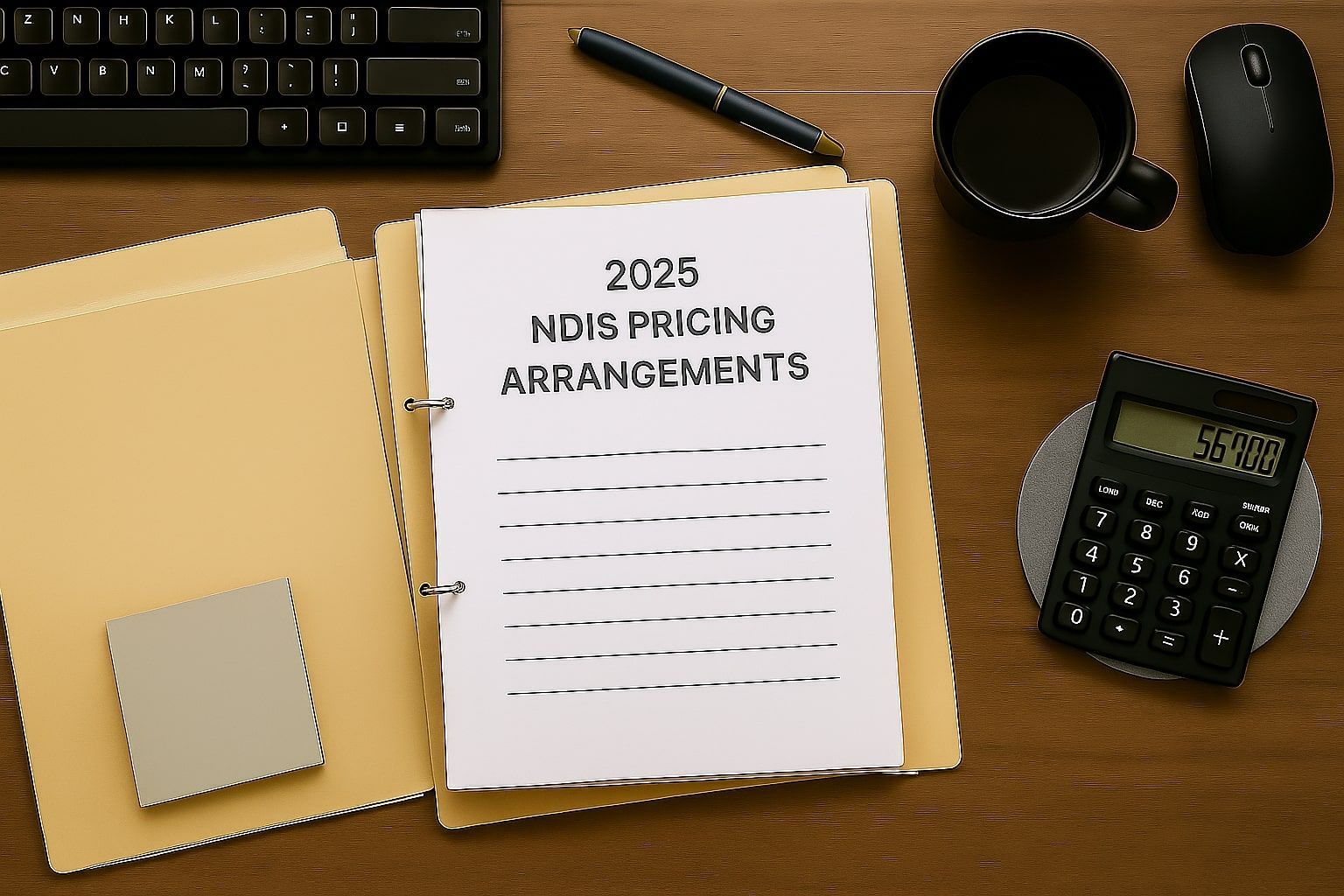How To Apply For SDA Funding?
Do you want to live in your own home?
In order to live in your own Specialist Disability Accommodation home, you must obtain appropriate funding and locate a suitable house, villa or unit in order to move into a home with disability support. Specialist Disability Accommodation (SDA) is the NDIS funding you require.
Are you unsure if you qualify for SDA funding, or if it would be a good fit for you?
In this article, we will look at how SDA funding works and how you can begin your search for the right home. We are here to help you at any point in your journey to secure funding or find a place to live.
What is Specialist Disability Accommodation (SDA) Funding?
SDA funding is to pay the rent on a home where you can live as independently as possible if you have an extreme functional impairment or high support needs.
SDA provides funding for four different categories, depending on your requirements. These are known as Design Categories:
Improved Liveability
These ‘improved liveability’ design dwellings have been constructed to provide a moderate level of physical access and service for individuals with sensory, intellectual, or cognitive disabilities. It should provide a moderate degree of access and service for people who have difficulty seeing or understanding their environment.
Fully Accessible
A “Fully Accessible” unit is used to assist individuals with severe physical disabilities by providing a plethora of physical access amenities. This category includes individuals who require assistance with any of those activities: moving, eating, using the toilet, or behaving appropriately. People who are eligible for the Fully Accessible SDA usually use a wheelchair to get around.
High Physical Support
This type of home has a very high level of specialised design and physical access, for example, ceiling hoists, assistive and communication technologies, and emergency power solutions. It suits individuals who require long periods of physical support every day, or who use an electric wheelchair to get around or a hoist to get into and out of bed.
Robust
The ‘Robust’ SDA housing is designed to be resilient for people with psychosocial disabilities. The objective of this housing is to minimise risk for participants and the public, reducing reactive maintenance by utilising materials and products that minimise risk and damage.
At this point, you just need to know that the SDA application process will help you determine
which type of design category best fits your needs.
How To Know If You Are Eligible For SDA Funding?
There are a few criteria that you need to meet in order for you to be eligible for SDA funding. And it is as follows:
- You have a permanent condition with high support needs or an extreme functional impairment that was assessed by a doctor and determined to require a high level of support or care.
- If you can demonstrate that SDA will help you reach your NDIS goals, provide opportunities to develop your skills, and provide long-term benefits.
- Be under the age of 65.
- And have a legal right to live in Australia.
Your application for SDA funding must demonstrate that it will improve your independence, quality of life, and general well-being.
An NDIS housing assessment will highlight your housing goals, as well as how living in an SDA home will prevent long-term health deterioration.
How Do I Apply For SDA Funding?
The first thing you need to do is get a housing assessment report. In order to find out whether you are eligible for funding and what type of home will meet your needs, your occupational therapist will conduct a comprehensive assessment (which typically takes between 12 and 15 hours).
Besides the occupational therapist's Housing Assessment Report, it would be helpful to include additional supporting documents such as:
- A letter of support from your doctor, physiotherapist, occupational therapist, speech pathologist, or any other allied health professional
- A summary of a housing plan from your Support Coordinator or Occupational Therapist determining your current living situation, your requirements, and what sort of home you need in the future, to demonstrate that the funding is reasonable and necessary.
Once you've gathered all the required paperwork, you can contact the NDIA. Your Support Coordinator can assist you with the application process.
In the absence of a Support Coordinator, you can complete the Home and Living Supports Request Form and send it, along with your supporting documents, to the NDIA by email, regular mail, or in person at a Local Area Coordinator or NDIS office near you.
If I Receive Approval For My SDA Funding Request, What Should I Do Next?
Even before you're approved for SDA funding, you should connect with an NDIS housing specialist to discover the best SDA housing for you.
NDIS Property Australia can assist you in locating the appropriate housing. It is our job to make sure that all our homes are designed to meet the unique demands of participants and encourage an inclusive and supportive environment where people can thrive as well as allow caregivers to provide their services in a safe and efficient manner.
Please get in touch with us if you are seeking housing appropriate for your needs. If we do not currently have an available SDA home in the right location that suits your requirements, we work with a number of SDA providers Australia-wide who can help you find one. We want to assist you in locating the ideal house for your needs, regardless of the situation. We're also here to answer any queries you may have as you proceed.




